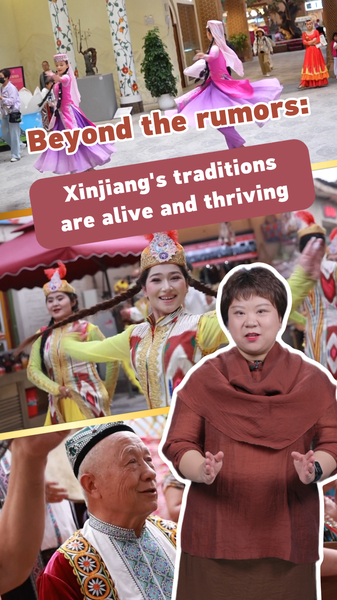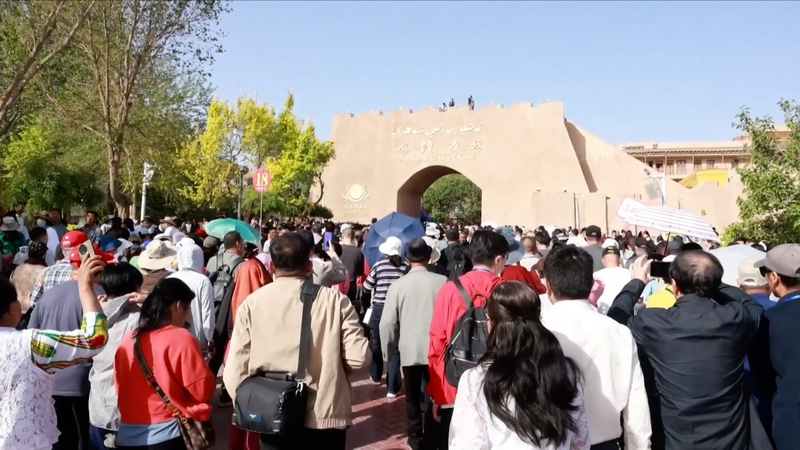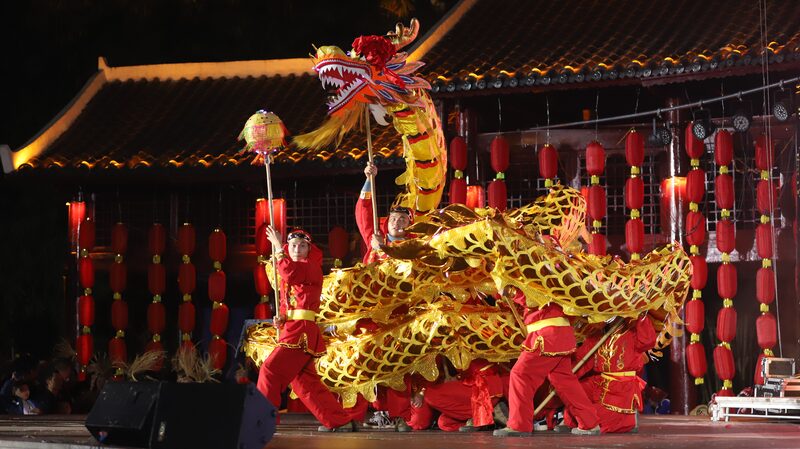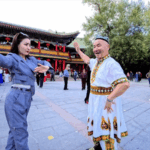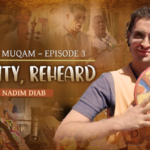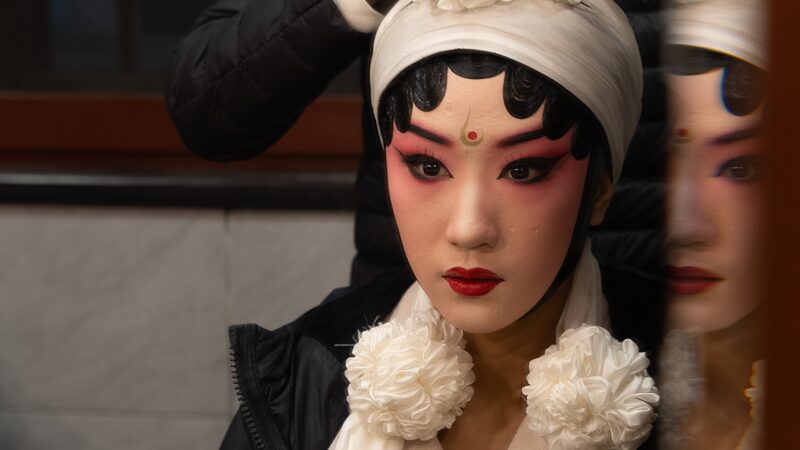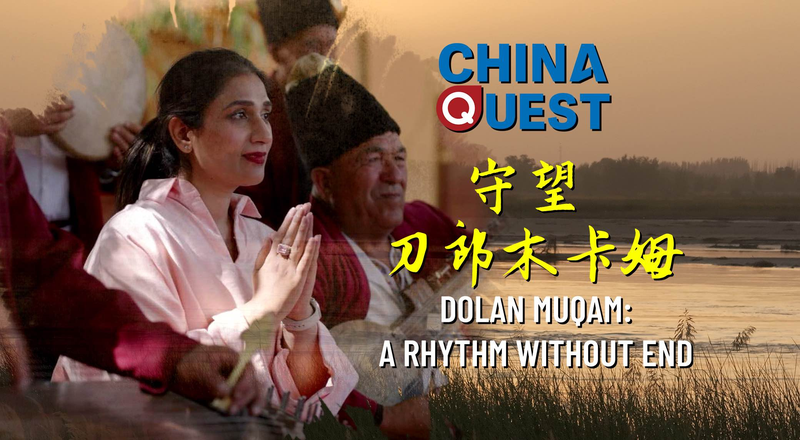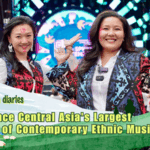In the heart of the Xinjiang Uygur Autonomous Region, centuries-old traditions are not merely surviving—they're evolving with vibrant energy. From the haunting melodies of Muqam music to the rhythmic strumming of the dombra, Uygur, Kazakh, and Kyrgyz cultural practices are captivating audiences worldwide through festivals, digital platforms, and daily life.
Tradition Meets Innovation
Local artists are reimagining ancestral art forms, blending traditional instruments with modern beats. Viral social media clips of Uygur folk dances now garner millions of views, while annual events like the Kashgar Cultural Tourism Festival attract global travelers. 'Our dances tell stories older than the Silk Road,' says Reyhangul Abdurehim, a Uygur musician. 'Now smartphones help us share them with the world.'
Preservation Through Participation
Over 5,000 intangible cultural heritage inheritors work across Xinjiang, training younger generations in crafts like Atlas silk weaving and dastarkhan culinary traditions. The region hosts 116 museums safeguarding artifacts, while schools integrate folk arts into curricula. 'My grandmother taught me embroidery patterns that survived the Taklamakan Desert's sands,' shares Parida Memet, a Kashgar artisan. 'Today, my designs walk Paris runways.'
Reference(s):
Beyond the rumors: Xinjiang's traditions are alive and thriving
cgtn.com
